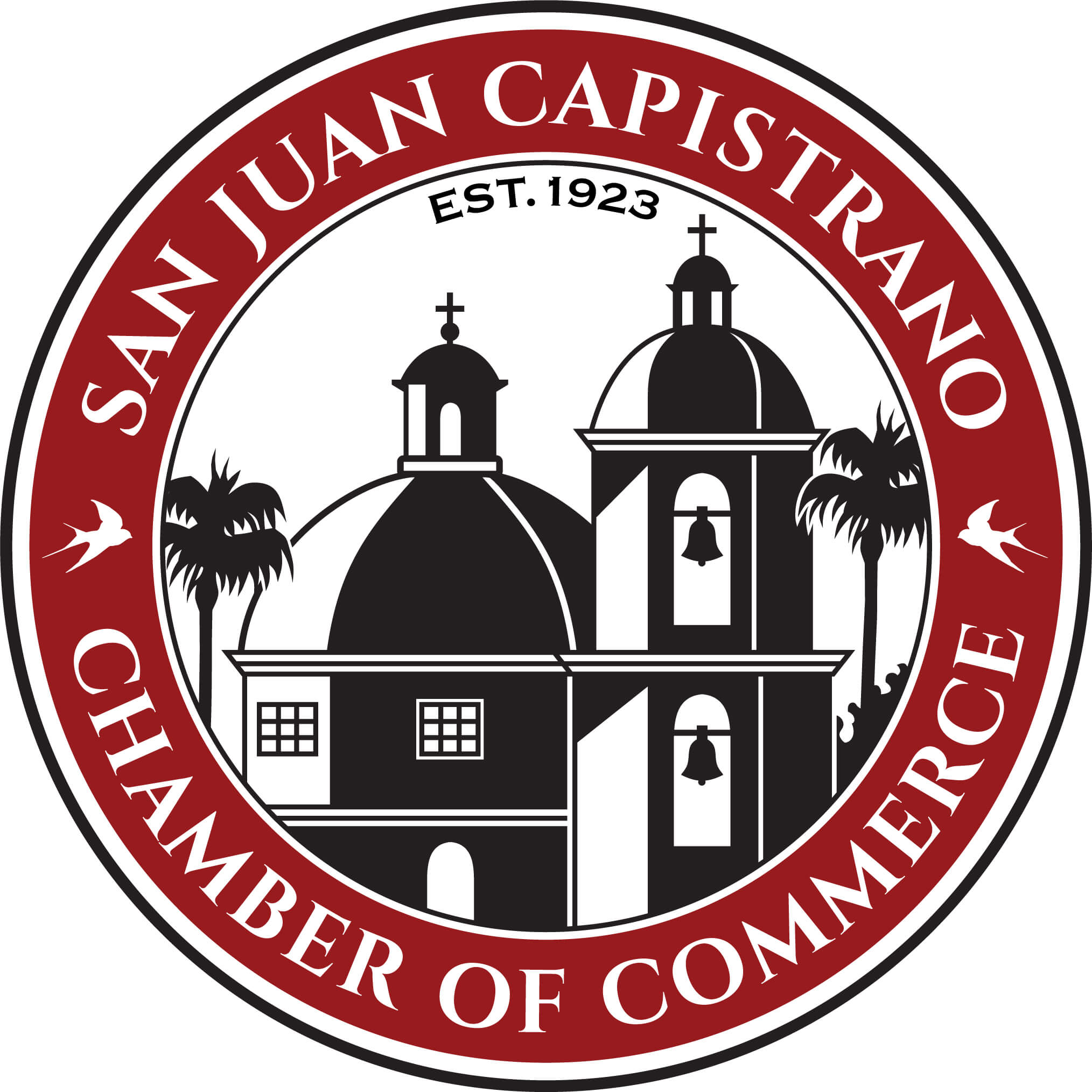Running a small business is exciting, but misunderstandings—whether with employees, customers, vendors, or regulators—can quickly drain time, money, and focus. Clear communication and thoughtful documentation are some of the easiest tools to reduce conflict, strengthen trust, and create more space for growth.
Below are practical strategies small business owners can implement today to prevent confusion before it becomes costly.
Define Employee Roles and Expectations
When roles are unclear, tasks slip through the cracks—or worse, get duplicated. Setting precise job descriptions and revisiting them regularly helps staff understand where responsibilities begin and end.
-
Write role outlines before hiring.
-
Update responsibilities during transitions, like when promoting from within.
-
Use collaboration tools like Slack or Trello to keep team communication organized.
This structure not only boosts accountability but also empowers employees to make decisions confidently.
Provide Transparent Customer Policies
Unclear policies are one of the fastest ways to lose customer trust. Transparent terms ensure clients know what to expect, reducing complaints and disputes.
-
Post return and refund rules in plain language.
-
Explain pricing breakdowns up front.
-
Share service limitations clearly—no fine print surprises.
Resources like the U.S. Small Business Administration provide templates for standard policies to help small firms cover their bases.
Clarify Partnerships Early with Written Agreements
New partnerships can unravel if goals or responsibilities are misunderstood. A practical tool for building alignment is a memorandum of understanding (MOU).
While not always legally binding, an MOU documents shared goals, responsibilities, and timelines, ensuring all parties are on the same page. For example, in an MOU in global relations context, clarity upfront often reduces conflict later. The same principle applies to local partnerships—it sets the tone for trust and eases the transition to formal contracts.
Document Vendor Agreements
Vendor relationships can sour when terms are based only on verbal promises. Protect both sides by creating simple written agreements that cover:
-
Delivery schedules
-
Payment terms
-
Performance benchmarks
Even straightforward contracts built with tools like Rocket Lawyer can provide peace of mind.
Ensure Compliance with Local and Federal Regulations
Failing to comply with labor laws, safety standards, or industry regulations can lead to fines and reputational harm.
-
Keep compliance checklists by category (HR, tax, safety).
-
Use platforms like Zenefits for HR compliance tracking.
-
Bookmark your local Chamber of Commerce site for region-specific resources and updates.
Staying proactive saves time spent scrambling when auditors call.
Business Relationships and Preventing Misunderstandings
|
Relationship |
Common Pitfall |
Prevention Strategy |
|
Employees |
Overlapping tasks or unclear duties |
Clear job descriptions & onboarding |
|
Customers |
Disputes over refunds or pricing |
Transparent policies on site & receipts |
|
Vendors |
Missed deadlines, payment conflicts |
Written vendor agreements |
|
Partners |
Misaligned goals |
MOU or preliminary agreement |
|
Regulators |
Missed filings, non-compliance |
Compliance checklist & updates |
Quick Checklist for Preventing Costly Misunderstandings
-
? Clarify and document employee roles.
-
? Publish simple, transparent customer policies.
-
? Draft written vendor contracts, even for small deals.
-
? Use MOUs for partnerships before formal contracts.
-
? Stay current on compliance with local regulations.
Each of these steps prevents miscommunication from becoming a dispute—and protects valuable resources.
FAQ
Are written agreements always legally binding?
Not always. MOUs, for example, may not be legally enforceable but still provide a shared reference point that reduces miscommunication.
What’s the easiest way to create clear employee policies?
Start with simple templates from trusted sources like the Society for Human Resource Management. Customize them to match your business values and operations.
How can small businesses afford legal documentation tools?
Many providers, including LegalZoom, offer affordable small-business plans. Even basic written agreements are better than relying solely on handshake deals.
What happens if I fail to update compliance policies?
Risks include fines, lawsuits, and reputational damage. Keeping a compliance calendar synced with updates from your local Chamber of Commerce helps businesses stay ahead.
How do I know if my policies are customer-friendly?
Test them. Share draft policies with a small group of trusted clients or peers and ask if they’re easy to understand. If not, simplify further.
Conclusion
Preventing misunderstandings doesn’t require complex systems—it requires consistency. By documenting agreements, clarifying roles, and openly sharing policies, small businesses build trust, avoid costly disputes, and free up more energy to focus on what matters most: growth.
Discover the vibrant business community of San Juan Capistrano by joining the San Juan Capistrano Chamber of Commerce and unlock a world of networking, advocacy, and growth!
